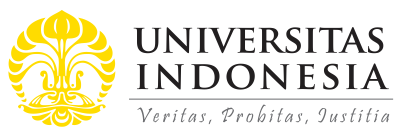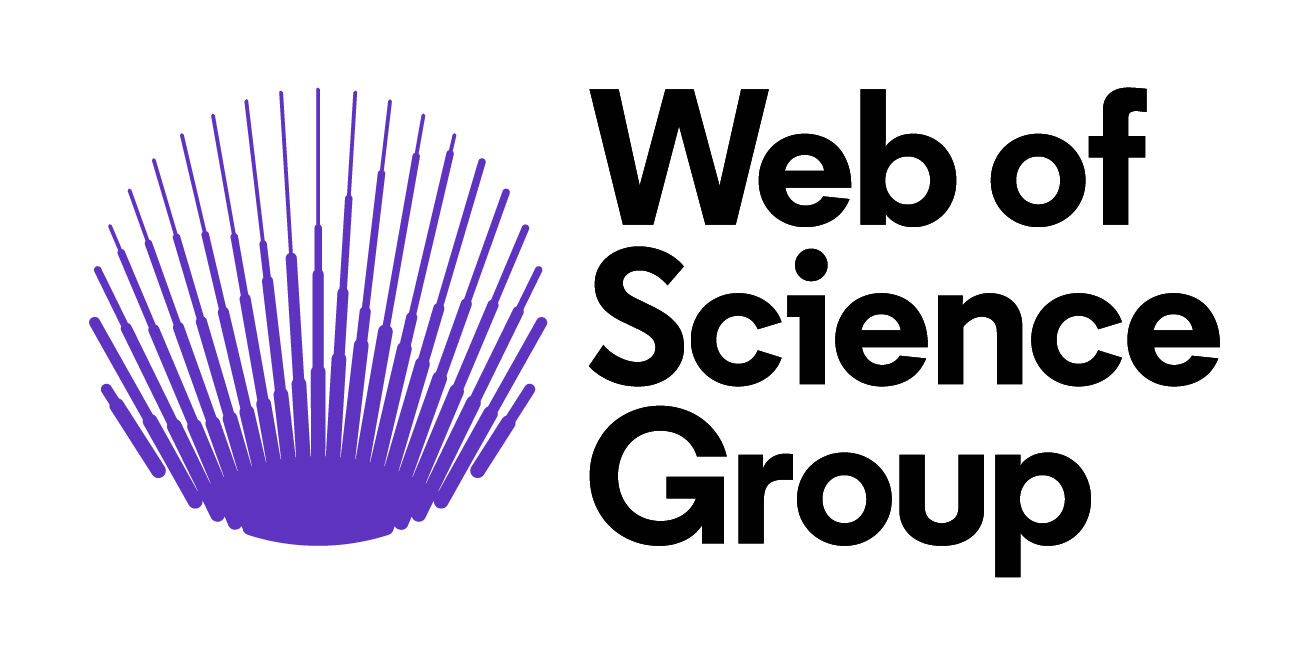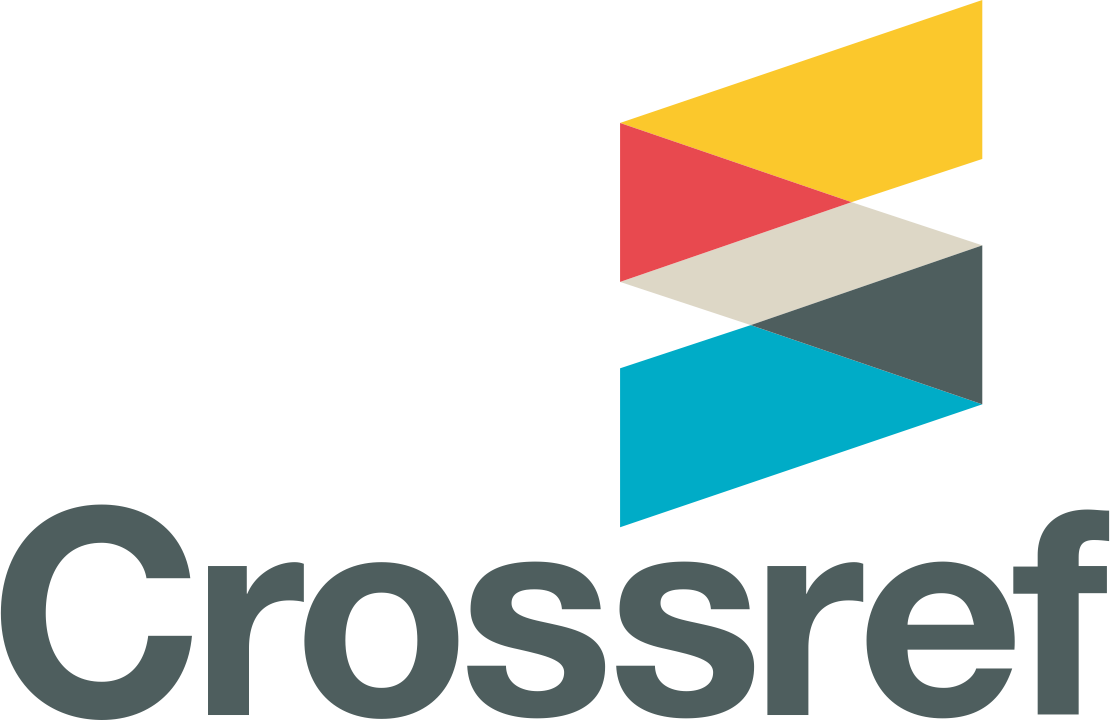Abstract
The study of investors’ attention while making decisions in the capital market focuses on some spe- cific keyword searches in the leading search engine platform, namely Google Search Volume Index. This is because investors need to gather related information for the efficiency and effectiveness of their decision-making process. This study aims to provide empirical evidence regarding the effect of investors’ attention on the rate of return, trading activity, and volatility. It offers a new broad perspec- tive on the international capital market, which is projected as the key player in the global economy in the upcoming years, representing both developing and developed countries. The GARCH model was applied to examine how volatile and residual variants are affected by previous residual variants of the variables. This study conducts robustness tests by expanding the scope time of data to enhance these research findings into weekly and monthly periods. The final robust, but not uniform, result was seen in one uncategorized country.
References
Aouadi, A., Arouri, M., & Teulon, F. (2015). Investor Following And Volatility: A GARCH Approach. The Journal of Applied Business Research, 31(3). https://clutejournals.com/index.php/JABR/article/view/9201
Bank, M., Larch, M., & Peter, G. (2011). Google search volume and its influence on liquidity and returns of German stocks. Financial Markets and Portfolio Management, 25(3), 239–264. https://doi.org/10.1007/s11408-011-0165-y
Bankov, K. (2022). Internet, the Encyclopedic Competence, and the Google Effect. In Numanities - Arts and Humanities in Progress (Vol. 22, pp. 137–158). Springer Science and Business Media B.V. https://doi.org/10.1007/978-3-030-92555-0_10
BPS. (2020). Statistik Telekomunikasi Indonesia 2020. https://www.bps.go.id/publication/download.html?nrbvfeve=ZTAzYWNhMWU2YWU5MzM5NmVlNjYwMzI4&xzmn=aHR0cHM6Ly93d3cuYnBzLmdvLmlkL3B1YmxpY2F0aW9uLzIwMjEvMTAvMTEvZTAzYWNhMWU2YWU5MzM5NmVlNjYwMzI4L3N0YXRpc3Rpay10ZWxla29tdW5pa2FzaS1pbmRvbmVzaWEtMjAyMC5odG1s&twoadfnoarfeauf=MjAyMi0wMy0xOSAyMjoxMjoyMg%3D%3D
Brochado, A. (2020). Google search based sentiment indexes. IIMB Management Review, 32(3), 325–335. https://doi.org/10.1016/j.iimb.2019.10.015
Chae, J., Kim, R., & Han, J. (2020). Investor attention from internet search volume and underreaction to earnings announcements in Korea. Sustainability (Switzerland), 12(22), 1–29. https://doi.org/10.3390/su12229358
Da, Z., Engelberg, J., & Gao, P. (2011). In Search of Attention. Journal of Finance, 66(5), 1461–1499. https://doi.org/10.1111/j.1540-6261.2011.01679.x
el Ouadghiri, I., Erragragui, E., Jaballah, J., & Peillex, J. (2022). Institutional investor attention and stock market volatility and liquidity: international evidence. Applied Economics, 1–16. https://doi.org/10.1080/00036846.2022.2036689
Firmansyah, A., & Husodo, Z. A. (2021). Google Search, News, and Stock Market Return in Indonesian Stock Market. Advances in Economics, Business and Management Research, 192. https://www.ksei.co.id/publications/Kaleidoskop-2020
Goel. (2020). Market Microstructure: a comparative study of Bombay stock exchange and national stock exchange. 1. Market Microstructure.pdf
Google. (n.d.). FAQ about Google Trend Data. Https://Support.Google.Com/Trends/Answer/4365533?Hl=en-GB&ref_topic=6248052%20&%20https://Medium.Com/Google-News-Lab/What-Is-Google-Trends-Data-and-What-Does-It-Mean-B48f07342ee8.
Heiberger, R. H. (2015). Collective attention and stock prices: Evidence from google trends data on standard and poor’s 100. PLoS ONE, 10(8). https://doi.org/10.1371/journal.pone.0135311
Hon, T.-Y., Moslehpour, M., & Woo, K.-Y. (2021). Review on Behavioral Finance with Empirical Evidence. Scholary Journal of Asia University Taiwan, 25(4), 1–30. https://www.proquest.com/docview/2622302729/abstract/DFA70F726691419FPQ/1?accountid=44396
Huang, M. Y., Rojas, R. R., & Convery, P. D. (2020). Forecasting stock market movements using Google Trend searches. Empirical Economics, 59(6), 2821–2839. https://doi.org/10.1007/s00181-019-01725-1
KSEI. (2021). Statistik Pasar Modal Indonesia Juni 2021 (Vol. 372, Issue 2). www.ksei.co.id
Mezghani, T., Boujelbène, M., & Elbayar, M. (2021). Impact of COVID‐19 pandemic on risk transmission between googling investor’s sentiment, the Chinese stock and bond markets. China Finance Review International, 11(3), 322–348. https://doi.org/10.1108/CFRI-08-2020-0120
Nawaz, T. (2014). Google search as a measure investor attention: Its influence on Stocks and IPOs in U.S. https://openaccess.nhh.no/nhh-xmlui/bitstream/handle/11250/278911/Nawaz2014.PDF?sequence=1
Osabuohien-Irabor, O. (2021). Investors’ attention: does it impact the Nigerian stock market activities? Journal of Economics and Development, 23(1), 59–76. https://doi.org/10.1108/jed-02-2020-0015
Otoritas Jasa Keuangan. (2022). 3. STATISTIK JANUARI MGG KE-3 2022. https://www.ojk.go.id/id/kanal/pasar-modal/data-dan-statistik/statistik-pasar-modal/Documents/3.%20STATISTIK%20JANUARI%20MGG%20KE-3%202022.pdf
Pham, T. P., Hoang, S. D., Popesko, B., Hussain, S., & Quddus, A. (2021). Relationship between google search and the vietcombank stock. Journal of Eastern European and Central Asian Research, 8(4), 527–540. https://doi.org/10.15549/jeecar.v8i4.748
PricewaterhouseCoopers. (2017). The Long View How will the global economic order change by 2050? www.pwc.com
Ramos, H. P., Ribeiro, K. K. M., & Perlin, M. S. (2017). The forecasting power of internet search queries in the Brazilian financial market. Revista de Administracao Mackenzie, 18(2), 184–210. https://doi.org/10.1590/1678-69712017/administracao.v18n2p184-210
Rizkiana, A., Sari, H., Hardjomidjojo, P., & Prihartono, B. (2019). The development of composite sentiment index in Indonesia based on the internet-available data. Cogent Economics and Finance, 7(1). https://doi.org/10.1080/23322039.2019.1669399
Rui, X. (2015). Google Search Volume Index Predicting Returns, Volatility, Trading Volume of Tech Stocks. https://sites.duke.edu/djepapers/files/2016/10/xurui-dje.original.pdf
Shen, D., Zhang, Y., Xiong, X., & Zhang, W. (2017). Baidu index and predictability of Chinese stock returns. Financial Innovation, 3(1). https://doi.org/10.1186/s40854-017-0053-1
Siqueira, S. Leonardo, Correia, F. Laize., Amaral, F. Hudson., (2022). Analysis of the Tick Rule and Buck Volume Classification Algorithms in the Brazilian Stock Market. Brazillian Business Review. http://dx.doi.org/10.15728/bbr.2023.20.1.6.en
StatCounters. (2021). search_engine-ww-monthly-202010-202110. https://gs.statcounter.com/search-engine-market-share
Swamy, V., & Dharani, M. (2019). Investor attention using the Google search volume index – impact on stock returns. Review of Behavioral Finance, 11(1), 55–69. https://doi.org/10.1108/RBF-04-2018-0033
Swamy, V., Dharani, M., & Takeda, F. (2019). Investor attention and Google Search Volume Index: Evidence from an emerging market using quantile regression analysis. In Research in International Business and Finance (Vol. 50, pp. 1–17). Elsevier Ltd. https://doi.org/10.1016/j.ribaf.2019.04.010
Usman, B., & Tandelilin, E. (2014). INTERNET SEARCH TRAFFIC AND ITS INFLUENCE ON LIQUIDITY AND RETURNS OF INDONESIA STOCKS: AN EMPIRICAL STUDY. In Journal of Indonesian Economy and Business (Vol. 29, Issue 3). http://www.goo
Wang, H., Xu, L., & Sharma, S. S. (2021). Does investor attention increase stock market volatility during the COVID-19 pandemic? Pacific Basin Finance Journal, 69. https://doi.org/10.1016/j.pacfin.2021.101638
Wanidwaranan, P., & Padungsaksawasdi, C. (2022). Unintentional herd behavior via the Google search volume index in international equity markets. Journal of International Financial Markets, Institutions and Money, 77. https://doi.org/10.1016/j.intfin.2021.101503
Yoshinaga, C., & Rocco, F. (2020). Investor attention: Can google search volumes predict stock returns? Brazilian Business Review, 17(5), 523–539. https://doi.org/10.15728/bbr.2020.17.5.3
Yurttadur, M., & Ozcelik, H. (2019). Evaluation of the Financial Investment Preferences of Individual Investors from Behavioral Finance: The Case of Istanbul. Procedia Computer Science, 158, 761–765. https://doi.org/10.1016/j.procs.2019.09.112
Zahera, S. A., & Bansal, R. (2018). Do investors exhibit behavioral biases in investment decision making? A systematic review. In Qualitative Research in Financial Markets (Vol. 10, Issue 2, pp. 210–251). Emerald Group Publishing Ltd. https://doi.org/10.1108/QRFM-04-2017-0028
Zhu, Y. & Fang, W. (2023). The Complexity Behavior of Big and Small Trading Orders in the Chinese Stock Market. Entropy (2023, 25, 102). https://doi.org/10.3390/e25010102
Recommended Citation
Sukamulja, Sukmawati and Thedora, Stefanny
(2023)
"Could Investors’ Attention in News Hunting Affect the International Capital Market?,"
Indonesian Capital Market Review: Vol. 15:
No.
2, Article 3.
DOI: 10.21002/icmr.v15i2.1172
Available at:
https://scholarhub.ui.ac.id/icmr/vol15/iss2/3












